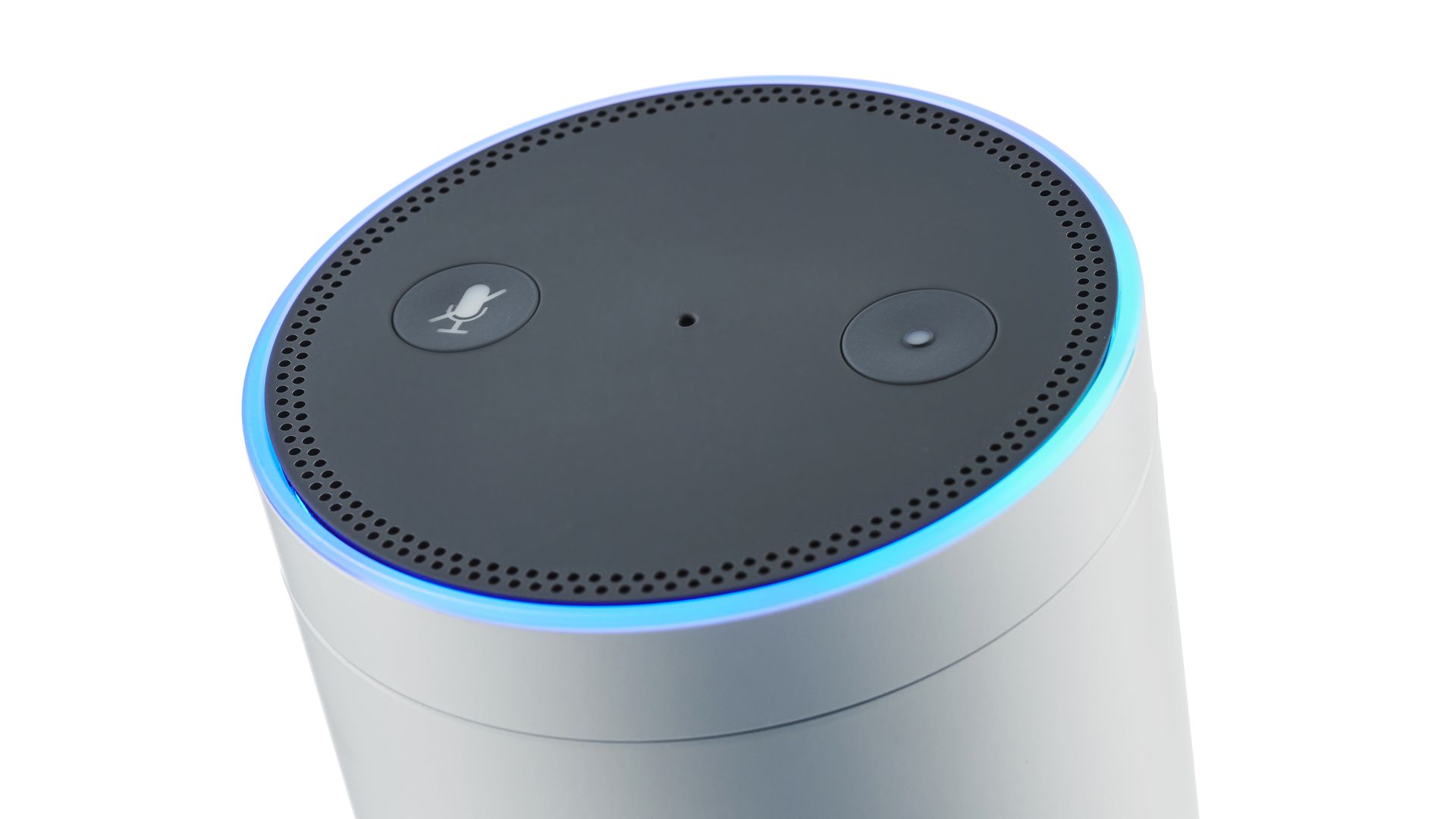Jun 17, 2019 - Economy
Survey: Consumers OK with smart speaker ads
Add Axios as your preferred source to
see more of our stories on Google.

Amazon Echo Plus smart speaker. Photo: Olly Curtis/Future Publishing via Getty Images
Add Axios as your preferred source to
see more of our stories on Google.

Amazon Echo Plus smart speaker. Photo: Olly Curtis/Future Publishing via Getty Images